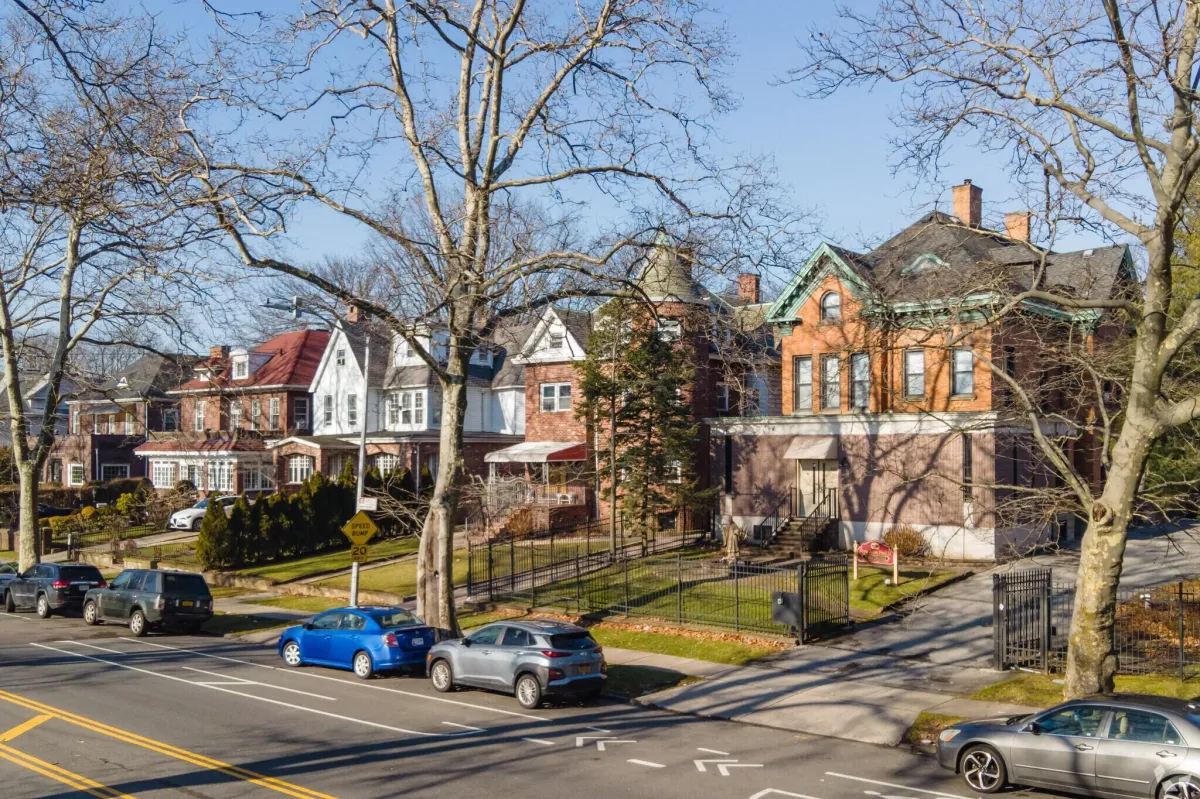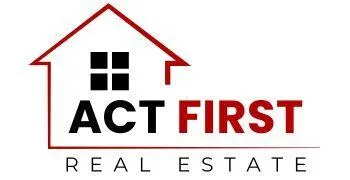
Cypress Hills
Cypress Hills, Queens: A Community with Deep Roots and a Resilient Spirit
Situated at the eastern edge of Brooklyn and extending into Queens, Cypress Hills is a neighborhood with a unique character forged by its rich history and a strong, community-driven identity. Known for its distinct blend of urban life, historic homes, and a vibrant, diverse population, Cypress Hills offers an authentic New York City experience.
A Legacy of Land and Enduring Character
From Colonial Farms to a Thriving Community
The history of Cypress Hills dates back to the early 1700s when the area was part of the rural farmlands of New Lots. Its transformation began with the construction of the Jamaica Plank Road (now Jamaica Avenue) and the establishment of a nearby racetrack in the 1820s, which attracted new residents and businesses. The neighborhood's identity was further shaped in the mid-1800s with the development of numerous cemeteries, including the historic Cypress Hills Cemetery, which may have lent its name to the area. Over the decades, Cypress Hills evolved from a predominantly German and Irish community to one of the most racially and ethnically diverse neighborhoods in the city, with thriving immigrant populations from the Caribbean, Central America, and South Asia.
A Community that Cultivates and Connects
Cypress Hills is a neighborhood with a powerful sense of community, shaped by its history and its collective resilience. It is known for its community-driven revitalization efforts, led by organizations like the Cypress Hills Local Development Corporation (CHLDC), which works to improve the quality of life, create affordable housing, and empower residents. This strong sense of civic pride is a hallmark of the neighborhood, and it is reflected in the active participation of residents who are committed to shaping the future of their community.
Architectural Consistency and Urban Greenery
The visual appeal of Cypress Hills is a harmonious mix of its history and modern development. The neighborhood features a variety of well-kept homes, from classic brick row houses and townhouses to a growing number of new, affordable housing developments. This classic residential streetscape is complemented by its proximity to several urban green spaces, providing vital recreational areas for residents.
Real Estate in Cypress Hills: A Market with Value
The real estate market in Cypress Hills is active, with a variety of housing options that include single-family homes, multi-family townhouses, and condos. The market is currently considered a "buyer's market," with a diverse range of choices.
Character-Filled and Accessible Properties
Cypress Hills' housing stock offers a range of choices for both buyers and renters. As of mid-2025, the median sale price for a home in the neighborhood is approximately $711,000. The market for single-family homes can be competitive, with properties selling in an average of 89 days. The variety of housing options and a range of prices, particularly for larger homes, makes it an attractive option for a wide range of buyers.
Properties for Urban Dwellers and Families
The residences in Cypress Hills cater to those seeking a secure, diverse, and vibrant urban lifestyle. Its reputation for strong community and its access to transportation make it a prime location for families and individuals looking for an authentic and accessible New York experience.
Amenities and Connectivity
Experience City Life with Central Access
Cypress Hills' strategic location provides convenient access to a variety of local commercial hubs and a solid transportation network, placing residents within easy reach of all they need.
A Thriving Local Scene and Nearby Hotspots
The neighborhood’s commercial life is centered on its main thoroughfares, including Jamaica Avenue and Fulton Street, which offer a mix of local shops, delis, and a variety of authentic restaurants that reflect the area’s cultural diversity. The area benefits from its proximity to major attractions and green spaces, including the Cypress Hills Playground and the vast Highland Park, which offers stunning views of the Ridgewood Reservoir.
Proximity to Green Spaces and Community Hubs
While the neighborhood is largely residential, its most significant green space is the sprawling Highland Park. This massive urban park is a hub for recreation, offering extensive facilities including sports fields, playgrounds, and an urban oasis for residents to enjoy.
Exceptional Accessibility
Cypress Hills is incredibly well-connected by public transportation. The neighborhood is served by the J and Z subway lines, which provide a direct and efficient commute to Manhattan. Numerous MTA bus routes crisscross the area, and its convenient location near major thoroughfares makes driving to other parts of the city and Long Island a viable option for commuters.
Cypress Hills, Queens, offers a truly special opportunity to experience a classic, stable, and welcoming urban lifestyle. It's a place where a rich sense of community, a variety of housing options, and convenient access to both local amenities and the wider city converge, creating an exceptionally desirable and engaging environment to call home.
HOA: No (There is no neighborhood-wide HOA. However, specific condo and private residential developments, particularly newer buildings, may have their own separate associations.)
55+ Community: No

